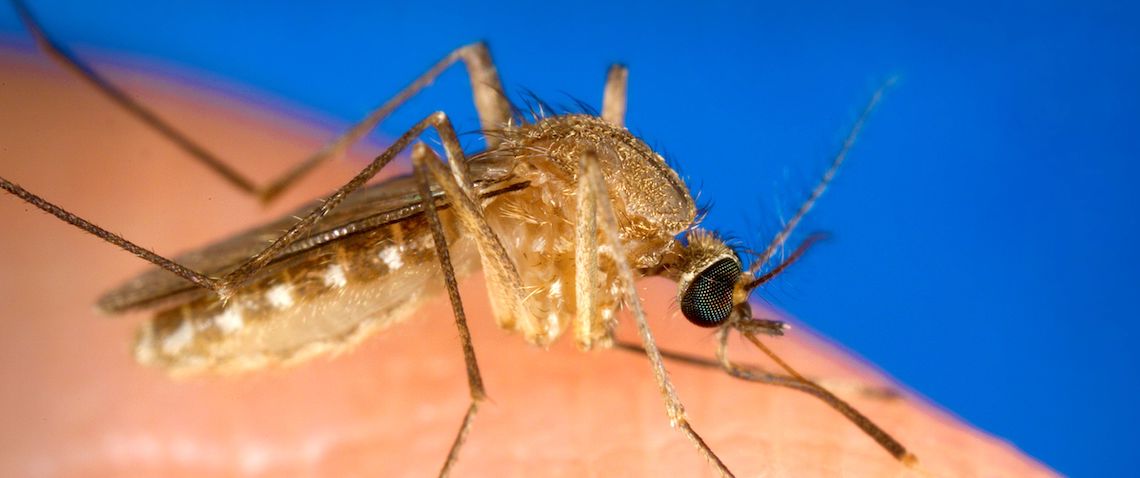
A Culex quinquefasciatus mosquito. Photo by James Gathany, USCDCP on Pixnio
Written by Alex Light
State authorities notified the Fresno County Department of Public Health (FCDPH) that St. Louis Encephalitis Virus (SLEV) has been detected in a Culex quinquefasciatus mosquito sample within Fresno County.
This is the first detection of SLEV in the county since Aug. 31 of last year.
Fresno County continues to see a higher number of mosquitos due to the excessive moisture in the region following this past winter’s storms and recent flooding. A consequence of climate hazards such as this are often vector-borne diseases such as SLEV, according to a FCDPH news release.
The local Fresno County Mosquito Control districts and FCDPH are partnering to respond with increased surveillance, public education and chemical applications to control the mosquito population in selected communities with higher levels of infestation.
“This finding serves as a reminder about mosquito-borne diseases, which can be serious and sometimes fatal. We are asking residents to help control mosquito infestations and protect our communities from mosquito bites and the diseases they transmit,” says Fresno County Interim Health Officer Dr. Rais Vohra.
SLEV is a mosquito-borne disease that can cause inflammation in the brain. Most individuals infected with SLEV will experience little to no symptoms, but a small number of victims can become severely symptomatic with meningitis/encephalitis (brain infection).
Mild, flu-like symptoms are most common, including fever and headache, from five to 15 days after being infected. Individuals get SLEV from the bite of an infected mosquito, which becomes infected after biting an infected bird. The disease is not transmitted from person to person.
Historically, SLEV has been found in the southern and Central Valley regions of California. West Nile Virus (WNV) transmission and prevention are similar to SLEV, but WNV is more common.
The FCDPH recommends that individuals contact their local Fresno County Mosquito Control District regarding standing water or mosquito problems, as well as to report any neglected swimming pools that could serve as home to mosquito nests.
The FCDPH advised the public to protect themselves from mosquito bites by practicing what they call the “Three D’s”:
- Deter – Wear insect repellent containing DEET, picaridin, oil of lemon eucalyptus or IR3535. Insect repellents keep mosquitoes from biting, but should not be used on children under two months old.
- Dawn and Dusk – Early mornings and evenings are prime time for mosquitos, it is important to wear proper clothing and repellent if outside during these times. Check that all doors and windows have tight-fitting screens to keep out mosquitos, and repair or replace screens that are damaged.
- Drain – Mosquitos develop in standing water. Eliminate all sources of standing water on your property by emptying flowerpots, old car tires, buckets, and other containers. Check that all windows and drains are covered with screens.
The FCDPH encourages residents to report dead birds by visiting www.westnile.ca.gov or by calling toll-free 1-877-WNV-BIRD (968-2473).








